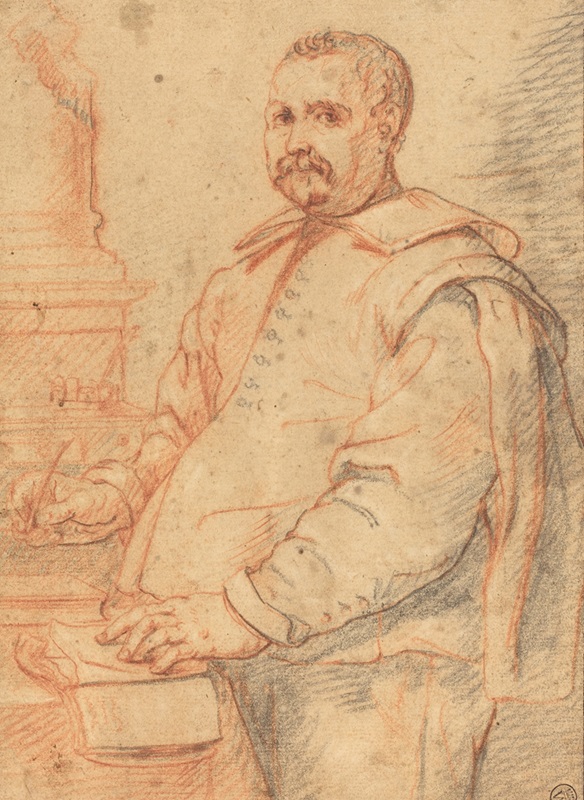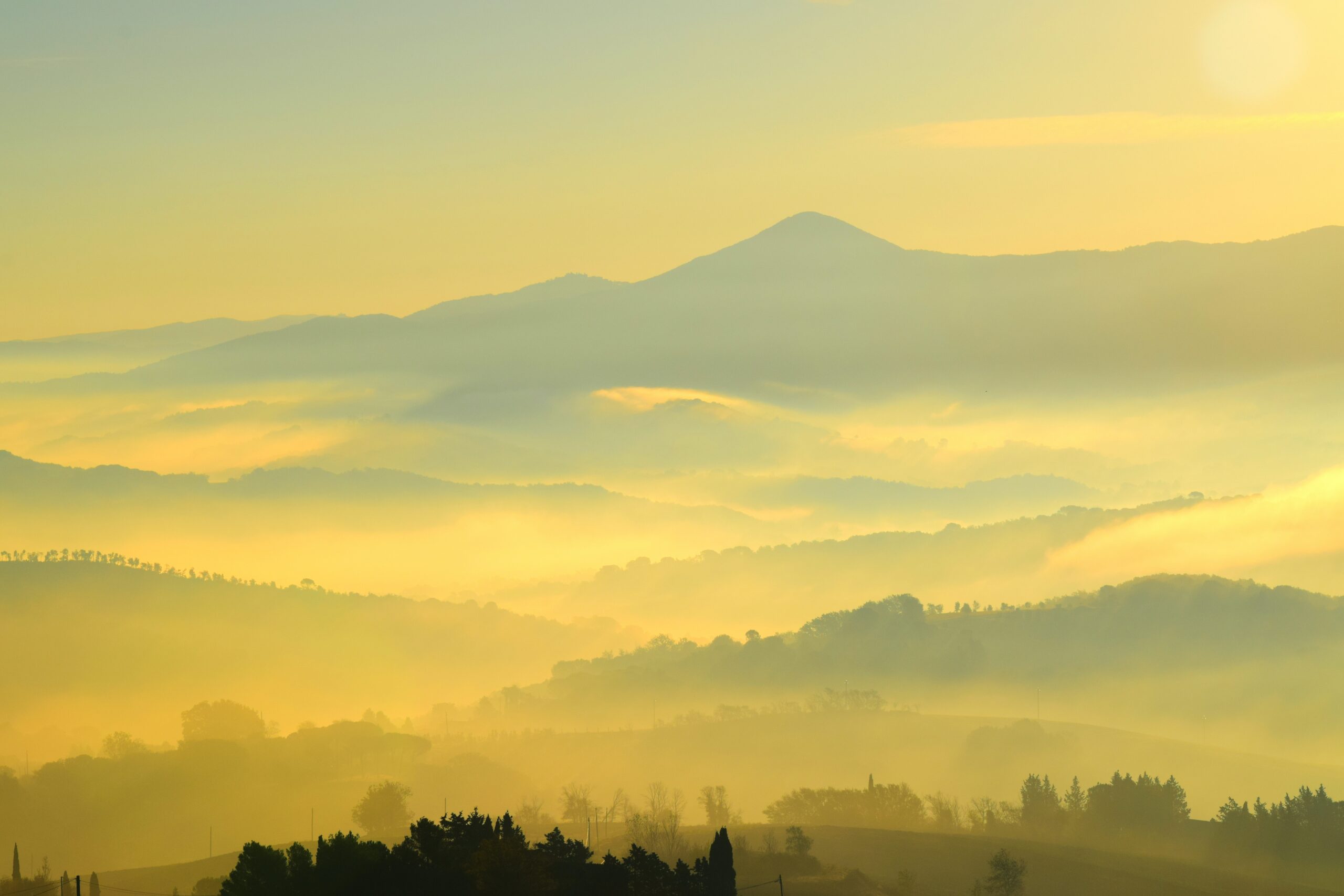This weekend is Thanksgiving in the U.S., and we are making preparations and celebrating here, too. Due to the time crunch, I’ve gathered thirty pieces of wisdom from my commonplace book for this week.
“The more extensive your acquaintance is with the works of those who have excelled, the more extensive will be your powers of invention.” — Arthur Thomas Quiller-Couch, On the Art of Writing: Lectures delivered in the University of Cambridge 1913-1914
“The uncreative mind can spot wrong answers, but it takes a very creative mind to spot wrong questions.” – Anthony Jay
“In matters of style swim with the current. In matters of principle, stand like a rock.” – Thomas Jefferson
“Instruction does much, but encouragement, everything.” – Goethe
“Sight. Not a slight thing to teach, this: perhaps, on the whole, the most important important thing to be taught in the whole range of teaching. To be taught to read – what is the use of that, if you know not whether what you read is true or false? To be taught to write or speak – but what is the use of speaking, if you have nothing to say? To be taught to think – nay, what is the use of being able to think, if you have nothing to think of? But to be taught to see is to gain word and thought at once, and both true.”- John Ruskin, inaugural speech at the Cambridge School of Art in 1858.
“[James] Baldwin’s recipe for a career: ‘Discipline, love, luck, but, most of all, endurance.’ “
“A certain knowledge of the classics is worth having, because it makes you realise that all the world is not like ourselves in all respects, and yet in matters that really touch the inside life of a man, neither the standards nor the game have changed.” – Rudyard Kipling, “The Uses of Reading”
“I’m not saying that you have to be a reader to save your soul in the modern world. I’m saying it helps.” – novelist Walter Mosley
“Most men pursue pleasure with such breathless haste that they hurry past it.” — Søren Kierkegaard
“The enemy of academic or writing productivity is ‘days spent doing nothing,’ not ‘I didn’t get enough written today.’ ” – Tyler Cowen
“It is a mistake to think that the practice of my art has become easy to me. I assure you, dear friend, no one has given so much care to the study of composition as I. There is scarcely a famous master in music whose works I have not frequently and diligently studied.” – Mozart to a conductor in Prague, in response to being called a “natural genius”, during rehearsals for Don Giovanni in 1787.
“Routine, in an intelligent man, is a sign of ambition.” — Auden
“Creative energy is a renewable energy. Right now, I’m all charged up. I know that soon I’ll need to recharge again, but for now, baby, I’m burning, burning, burning.” — Austin Kleon
“Has it ever struck you that life is all memory, except for the one present moment that goes by you so quick you hardly catch it going?” – Tennessee Williams
“To achieve great things, two things are needed: a plan, and not quite enough time.” —Leonard Bernstein
“The truth comes as conqueror because we have lost the art of receiving it as guest.” – Rabindranath Tagore
“To speak truly, few adult persons can see nature. Most persons do not see the sun. At least they have a very superficial seeing. The sun illuminates only the eyes of the man, but shines into the heart of the child. The lover of nature is he whose inward and outward senses are still truly adjusted to each other; who has retained the spirit of infancy even into the era of manhood.” – R.W. Emerson, “Nature”.
“How rarely does one meet anyone whose first reaction to anything is to ask, ‘Is it true?’ Yet unless that is a man’s natural reaction it shows that truth is not uppermost in his mind, and, unless it is, true progress is unlikely.” – B.H. Liddell Hart, Why Don’t We Learn from History?
“Fundamental accuracy of statement is the one sole morality of writing.” – Ezra Pound
“The stuff that matters is almost always inconvenient. If it’s not, you might be mistaken about what matters.” – Seth Godin
“Evil people do not believe they are evil, they believe everyone else is evil.” — David Foster Wallace
“We should tend to our freedom wisely.” —Montaigne
“[U]ntil we learn to estimate the fruits of self-culture at their proper worth, we are still far from reaping the harvest of three centuries of toil and struggle; we are still as remote as ever from the serenity of intellectual accomplishment. …[I]t is self-culture that distinguishes between the work which has inherent and lasting value and the work which represents conscientious activity and no more.” – Agnes Repellier, Essays in Idleness
“Passion creates, addiction consumes.” – Gabor Maté
“Language can become a screen which stands between the thinker and reality. This is the reason why true creativity often starts where language ends.” – Arthur Koestler
“Results are obtained by exploiting opportunities, not by solving problems.” — Peter Drucker
“Photography implies that we know about the world if we accept it as the camera records it. But this is the opposite of understanding, which starts from not accepting the world as it looks. All possibility of understanding is rooted in the ability to say no.” – Susan Sontag, “In Plato’s Cave”, On Photography
“Stand before a picture as before a prince, waiting to see whether it will speak and what it will say.” – Arthur Schopenhauer
“The right art,” cried the Master, ‘is purposeless, aimless! The more obstinately you try to learn how to shoot the arrow for the sake of hitting the goal, the less you will succeed in the one and the further the other will recede. What stands in your way is that you have a much too wilful will. You think that what you do not do yourself does not happen. …You must learn to wait properly.” – Eugen Herrigel, Zen in the Art of Archery.
“Far too many good brains have been afflicted by the pointless enthusiasm for useless knowledge.” – Seneca
Image: A Scholar Writing, anon. Flemish, 17th Century.




